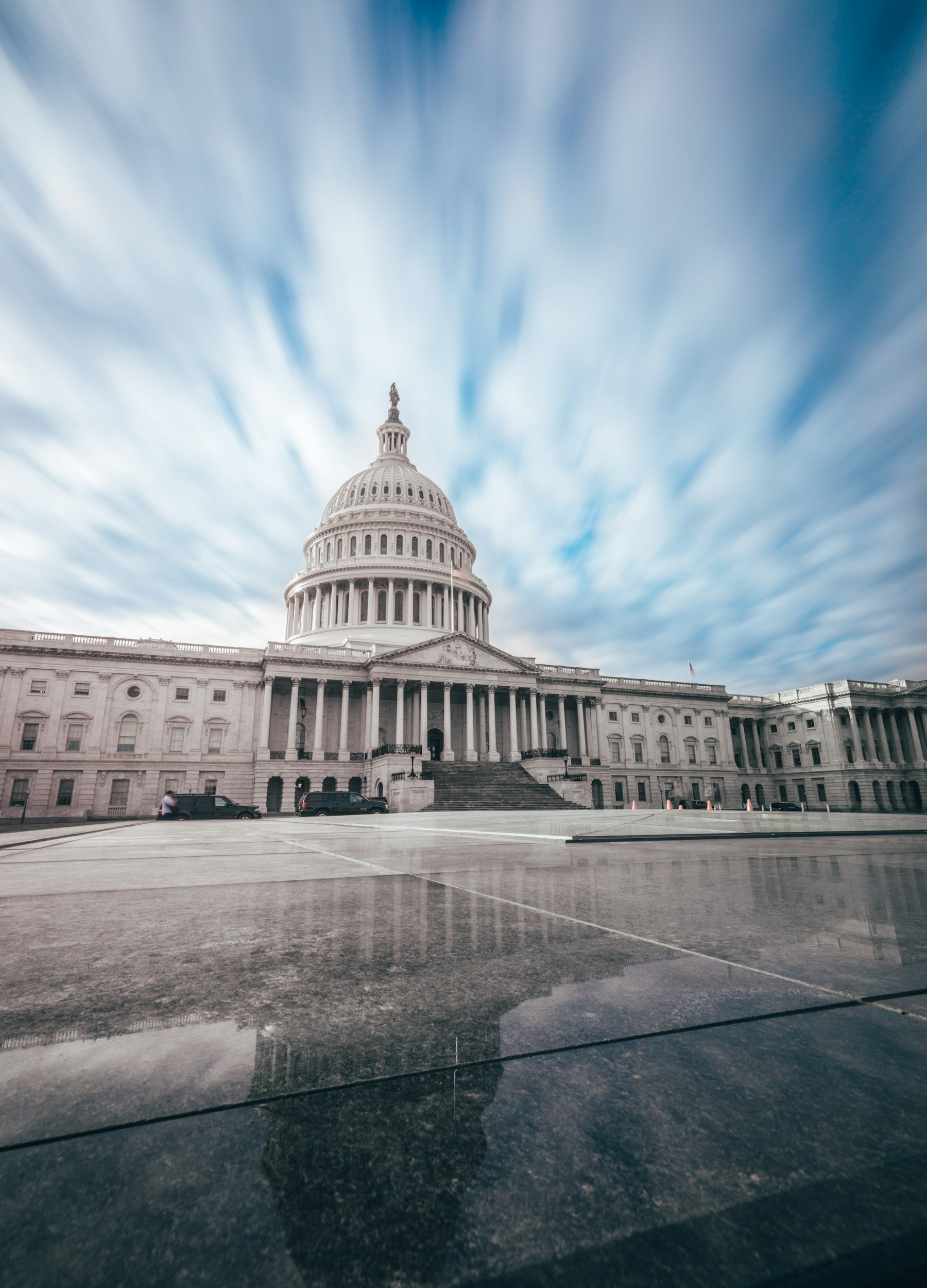
News and Events
Archive
- March 2025
- February 2025
- January 2025
- December 2024
- November 2024
- September 2024
- August 2024
- July 2024
- June 2024
- May 2024
- April 2024
- March 2024
- February 2024
- January 2024
- December 2023
- November 2023
- October 2023
- September 2023
- August 2023
- July 2023
- June 2023
- May 2023
- April 2023
- March 2023
- February 2023
- January 2023
- December 2022
- October 2022
- August 2022
- July 2022
- June 2022
- May 2022
- April 2022
- March 2022
- February 2022
- January 2022
- December 2021
- November 2021
- October 2021
- September 2021
- August 2021
- July 2021
- June 2021
- May 2021
- April 2021
- March 2021
- February 2021
- January 2021
- December 2020
- November 2020
- October 2020
- September 2020
- August 2020
- July 2020
- June 2020
- May 2020
- April 2020
- March 2020
- February 2020
- January 2020
- December 2019
- November 2019
- October 2018
Happy Surveyor’s Week!
Since people have owned land, surveying has been an essential profession. The earliest evidence of surveying, potentially going back to 11,000 years ago, is found at the Nabta Playa site in southern Egypt, related to the construction of large megalithic structures.
Time for pi
Happy Pi Day! We hope you have the chance to enjoy the tasty kind of pie today – in the meantime, here’s a pi “appetizer”.
To a surveyor, pi is a key concept that undergirds everything, because surveying occurs on a sphere. Specifically, all boundaries must take into consideration the curve of the earth (and any distortions of that curve, as well as elevation).
Terminalia still relevant after all these millennia
Terminalia (February 23) has been observed since 753 BC when legend says that Romulus established the celebration of the god of boundaries: Terminus. From the beginning, it’s clear that Romans understood the importance of boundaries – and the art of surveying.
The surveyor visionaries who created Washington DC
After the Revolutionary War in 1789, the constitution established a 10 square mile district as the site of the new capitol for the United States. Subsequently, after much haggling in Congress, the “Residence Act” was passed and set the site of the new city on the northern and southern shores of the Potomac River at a location to be determined by President Washington.
RFID Helps Manage Data Centers
The growing demand for cloud computing, along with surging use of Artificial Intelligence (AI) and the Internet of Things (IoT) is driving investment in data centers – the facilities that house and operate the servers, storage devices and networking equipment that make powerful computing possible.
The Complex Simplicity of Tech Trends in 2025
As we step into 2025, the drive for simplicity, efficiency, and connectivity is reshaping the technological landscape. Three major trends—Artificial Intelligence (AI), Geographic Information Systems (GIS), and Radio Frequency Identification (RFID)—are converging to create a connected world where innovation drives smarter, faster and more intuitive solutions.
Looking forward to prosperity
It’s been a busy year, and a very good year for the US economy. In fact, according to RSM, over the past eight quarters, the American economy has grown at an annualized 2.9%. This performance is striking in comparison to other countries. For example, the EU’s growth during this same period was just 1.9%. The biggest economy in the EU is Germany, and its economy shrunk by 2% during the same period.
3 Ways RFID brings magic to your holiday season
This year, Americans will be spending an average of $2,000 per person over the holidays – with more than $600 on travel, and the rest on decorations, celebrations and gifts. For most of us, this translates to a lot of running around and spending money – and enjoying the holidays.
It’s good to know that in the background, little RFID elves have been busy keeping everything running smoothly to help make the holidays truly magical.
Surveying the Transit of Venus
Human history has been shaped by colonialism, and one wave of colonialism resulted in the founding of the United States. In fact, most countries were colonized by European powers from the late fifteenth century until just after World War II. At its height, the British Empire controlled nearly a quarter of the world’s nations.
Celebrating GIS - the technology that keeps on giving
GIS was first developed in 1963 by Roger Tomlinson who used computers to handle map information for the Canadian government. Since that time, the use of Geographic Information System technology has exploded. According to MarketsandMarkets, the GIS market is expected to reach $14.5 billion by 2025. By 2032, the market is projected to reach about $43.8 billion.
One Point Fits All
In 1996 Georg Rothbucher was visiting a customer at a construction site who was facing a difficult problem. Two thousand square meters of concrete had been poured incorrectly for the Finished Floor Level (FFL) of a new building. This surveyor was trying to recover the original reference point used to set the FFL – a chalk mark, pencil line or a nail.
RFID- The silent technology enhancing our lives every day
Radio Frequency Identification (RFID) technology uses radio waves to identify virtually anything. It is a wireless system consisting of an RFID tag and an RFID reader. RFID tags store data that can be read, even from a distance—without making any physical contact or requiring a line of sight.
Christopher Gist - mapped Ohio and saved Washington’s life - twice
Christopher Gist came to the surveying profession naturally. In 1736, his father, Richard surveyed the western shore of Maryland and the town of Baltimore. Though there is little information about Christopher’s childhood, it is thought that Christopher learned surveying profession from his father.
Disaster response and resilience
A recent survey revealed that many people believe that natural disasters are more frequent and severe than in the past. It turns out that this observation is backed up by facts. According to the National Oceanic and Atmospheric Administration (NOAA), the frequency of natural disasters is increasing year-over-year. There were 28 weather and climate disasters in 2023, surpassing the previous record of 22 in 2020, tallying a price tag of at least $92.9 billion.
Richard Caswell, Surveyor and Father of North Carolina
Many of our founding fathers started their careers as surveyors. Along with providing an essential service, surveying was a very profitable trade in eighteenth century America. Surveyors would purchase newly opened land from the Crown and sell tracts to settlers at higher prices. This led to some resentment and suspicion by settlers – but one surveyor remained popular throughout his surveying career – and beyond.
It’s 811 Day
This 8/11 is a beautiful Sunday and many homeowners will be using the day to tackle some home improvement projects, such as building a deck, installing a new mailbox or installing a fence. In fact, 74% of homeowners have or will dig on their property on their property this summer. Unfortunately, nearly 40% of these won’t call 811 ahead of time to mark buried utilities.[1]
Surveyor and friend to Washington
Surveyors including George Washington, Thomas Jefferson and Abraham Lincoln, were key to establishing the United States as a nation. Surveying in the 1700s and 1800s was both arduous and perilous. For example, one of Washington’s contemporaries, William Crawford, met a tragic end at the forefront of western expansion of European settlers in lands controlled by Native Americans.
The Four Great Surveys and Our National Parks
Did you know that surveyors played a key role in creating our national parks? Our first park, Yellowstone (founded 1872), introduced the national park concept to the public and other parks soon followed – all this when most people still lived east of the Mississippi and most would not have the opportunity to see these natural wonders in person.
Geodesy and the Summer Solstice
Today is the Summer Solstice, the longest day of the year (in the Northern Hemisphere). Because Earth’s axis of rotation is tilted about 23.4 degrees relative to its orbit around the sun, this means that the different parts of the Earth receive the amount of light based on the position of the earth in its orbit around the sun. This tilt causes the earth’s seasons - From March to September, the Northern Hemisphere tilts more toward the sun, creating spring and summer, while in the Southern Hemisphere it’s fall and winter.
Surveying the Roman Empire
Did you know that the term “geodesy” was coined by Aristotle in about 350 BC? The term is derived from the Greek word ge, which means earth, and deo, which means to divide land. He created that name to differentiate it from the field of mathematics, called geometry in ancient Greek, (ge for “earth” and metry, meaning “to measure”). Essentially, geodesy means applied math.




















